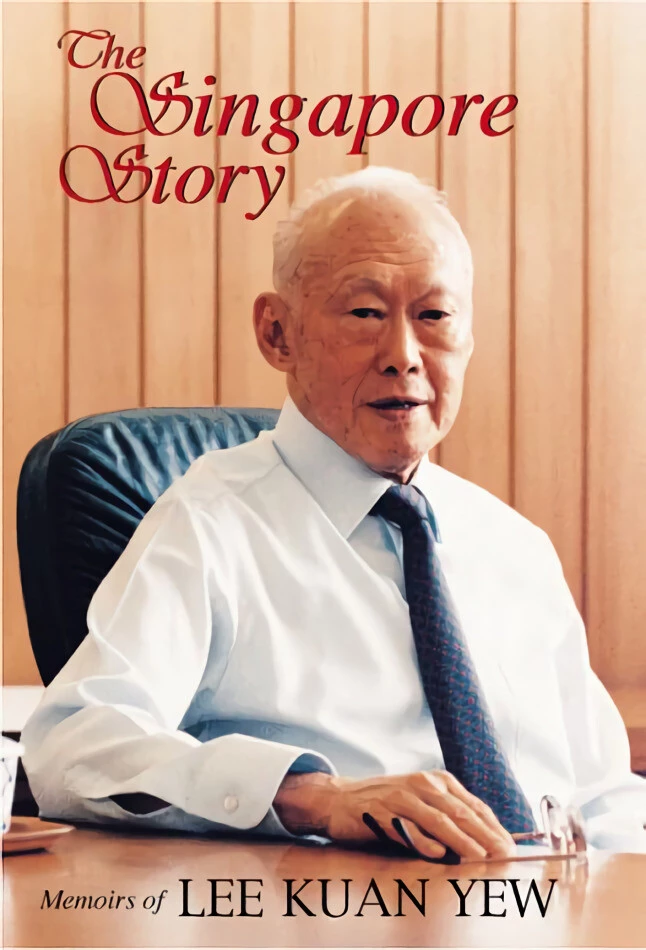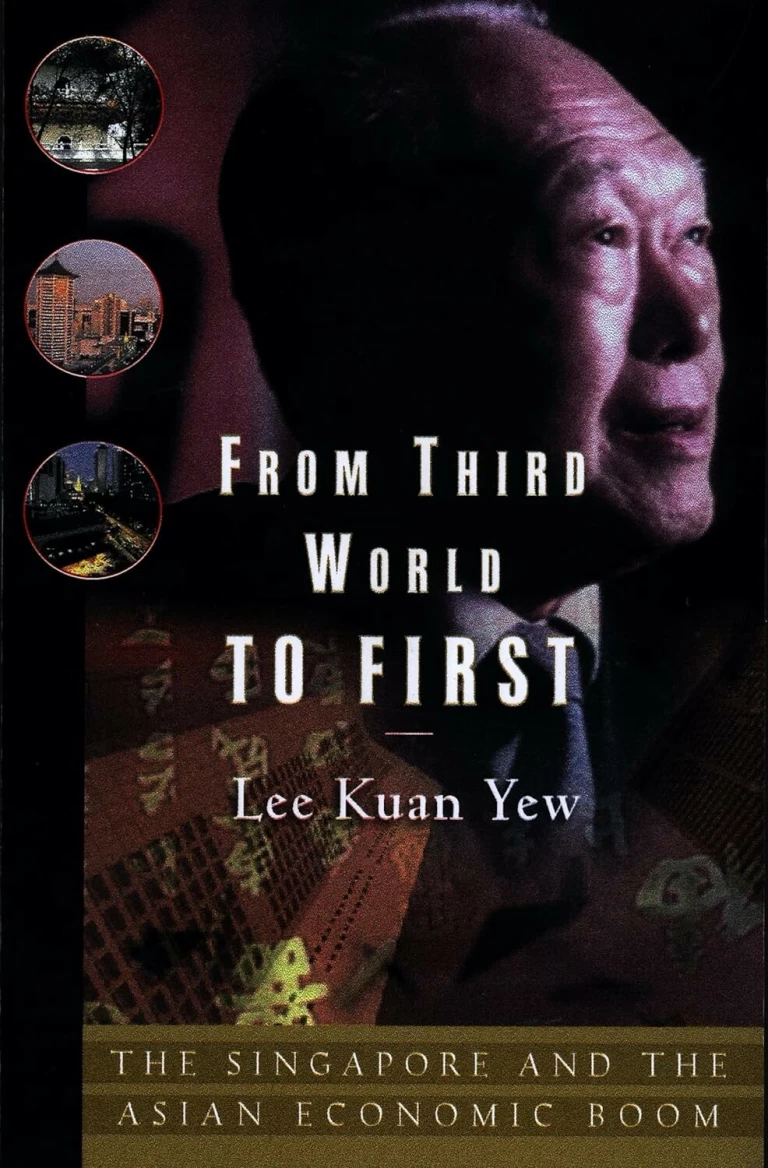Livres recommandés par Jean-Charles Samuelian-Werve
De l'assurance maladie au partenaire bien-être : Le livre très optimiste d’une meilleure santé pour tout le monde Jean-Charles Samuelian-Werve
Hausse non maîtrisée des dépenses, désaffection des professionnels de santé pour leur exercice, qualité des soins très hétérogène et, in fine, sentiment diffus de déclin : face à ces formidables défis que rencontre le système de santé, l'une des tentations fréquentes est de repousser le problème à plus tard en pensant que nos successeurs, la marche du progrès ou une combinaison des deux résoudront ces problèmes. Luttons contre le fatalisme et le déclassement, surtout lorsqu'il en va de notre santé à tous. Ce livre est une réflexion commune sur le futur du système de santé qui appelle à une action collective grâce au progrès. Ce livre a un objectif simple : nous aider à penser et visualiser un système de santé différent, qui n'interviendrait pas en réaction à une maladie, mais qui nous accompagnerait en continu pour nous aider à évoluer d'un système d'assurance maladie obsolète à un partenaire bien-être, centré sur le citoyen et sa santé. Rêvons à ce que pourrait être l'expérience de notre santé d'ici quelques années et lançons le débat!
Recommandé par : Jean-Charles Samuelian-Werve
The Singapore Story : Memoirs of Lee Kuan Yew Lee Kuan Yew
Jean-Charles Samuelian-Werve : Je trouve qu'il est assez intéressant dans le moment qu'on est en train de vivre, de transformations sociétales. C'est un livre en deux tomes qui est assez long et dense, de Lee Kuan Yew qui est le fondateur de Singapour. Et donc le premier c'est Singapour Stories et le deuxième c'est From Third World to First. Et donc il raconte comment Singapour est passé d'un petit comptoir commercial de l'Empire britannique à un leader global et une des sociétés très avancées avec les luttes contre l’anti-colonialisme, contre la prise, enfin la Chine communiste qui a essayé de prendre le pouvoir, l'Indonésie qui a essayé d'attaquer. Singapour a fait partie de la Malaisie à un moment et comment ils ont sorti et toutes les négociations qui ont eu lieu. Comment tu crées une société où tu as des ethnies très différentes et des cultures très différentes, des Chinois, des Malais, des Indiens, des Britanniques ? Et comment tu crées un tronc commun ? Comment tu prends des décisions difficiles et non consensuelles pour essayer de créer une typologie de société alors qu'elles ne sont pas exactement les mêmes valeurs que les valeurs occidentales sur certains aspects, le trade-off, liberté contre progrès et comment tu le gères. Tu ne peux pas être d'accord avec tout et je ne pense pas qu'il va être d'accord avec tout, mais la manière dont ils positionnent ces réflexions, la perception du regard des autres par rapport à ces réflexions, pourquoi il a fait, c'est fascinant. Et honnêtement, je pense que c'est un des génie du XXe siècle. Il est vraiment extrêmement brillant.
Recommandé par : Jean-Charles Samuelian-Werve
From Third World to First : Singapore and the Asian Economic Boom Lee Kuan Yew
Few gave tiny Singapore much chance of survival when it was granted independence in 1965. How is it, then, that today the former British colonial trading post is a thriving Asian metropolis with not only the world's number one airline, best airport, and busiest port of trade, but also the world's fourth–highest per capita real income?
The story of that transformation is told here by Singapore's charismatic, controversial founding father, Lee Kuan Yew. Rising from a legacy of divisive colonialism, the devastation of the Second World War, and general poverty and disorder following the withdrawal of foreign forces, Singapore now is hailed as a city of the future. This miraculous history is dramatically recounted by the man who not only lived through it all but who fearlessly forged ahead and brought about most of these changes.
Delving deep into his own meticulous notes, as well as previously unpublished government papers and official records, Lee details the extraordinary efforts it took for an island city–state in Southeast Asia to survive at that time.
Lee explains how he and his cabinet colleagues finished off the communist threat to the fledgling state's security and began the arduous process of nation building: forging basic infrastructural roads through a land that still consisted primarily of swamps, creating an army from a hitherto racially and ideologically divided population, stamping out the last vestiges of colonial–era corruption, providing mass public housing, and establishing a national airline and airport.
In this illuminating account, Lee writes frankly about his trenchant approach to political opponents and his often unorthodox views on human rights, democracy, and inherited intelligence, aiming always "to be correct, not politically correct." Nothing in Singapore escaped his watchful eye: whether choosing shrubs for the greening of the country, restoring the romance of the historic Raffles Hotel, or openly, unabashedly persuading young men to marry women as well educated as themselves. Today's safe, tidy Singapore bears Lee's unmistakable stamp, for which he is unapologetic: "If this is a nanny state, I am proud to have fostered one."
Though Lee's domestic canvas in Singapore was small, his vigor and talent assured him a larger place in world affairs. With inimitable style, he brings history to life with cogent analyses of some of the greatest strategic issues of recent times and reveals how, over the years, he navigated the shifting tides of relations among America, China, and Taiwan, acting as confidant, sounding board, and messenger for them. He also includes candid, sometimes acerbic pen portraits of his political peers, including the indomitable Margaret Thatcher and Ronald Reagan, the poetry–spouting Jiang Zemin, and ideologues George Bush and Deng Xiaoping.
Lee also lifts the veil on his family life and writes tenderly of his wife and stalwart partner, Kwa Geok Choo, and of their pride in their three children –– particularly the eldest son, Hsien Loong, who is now Singapore's deputy prime minister.
For more than three decades, Lee Kuan Yew has been praised and vilified in equal measure, and he has established himself as a force impossible to ignore in Asian and international politics. From Third World to First offers readers a compelling glimpse into this visionary's heart, soul, and mind.
Recommandé par : Jean-Charles Samuelian-Werve
Jean-Charles Samuelian-Werve apparait dans les épisodes suivants :
Génération Do It Yourself (GDIY) diffusé le 02/10/2024
#421 - Jean-Charles Samuelian - Alan : Aller jusqu’au bout de ses convictions et transformer l’essai
S'abonner à la newsletter
Inscrivez-vous pour recevoir les derniers livres ajoutés sur le site une fois par semaine


